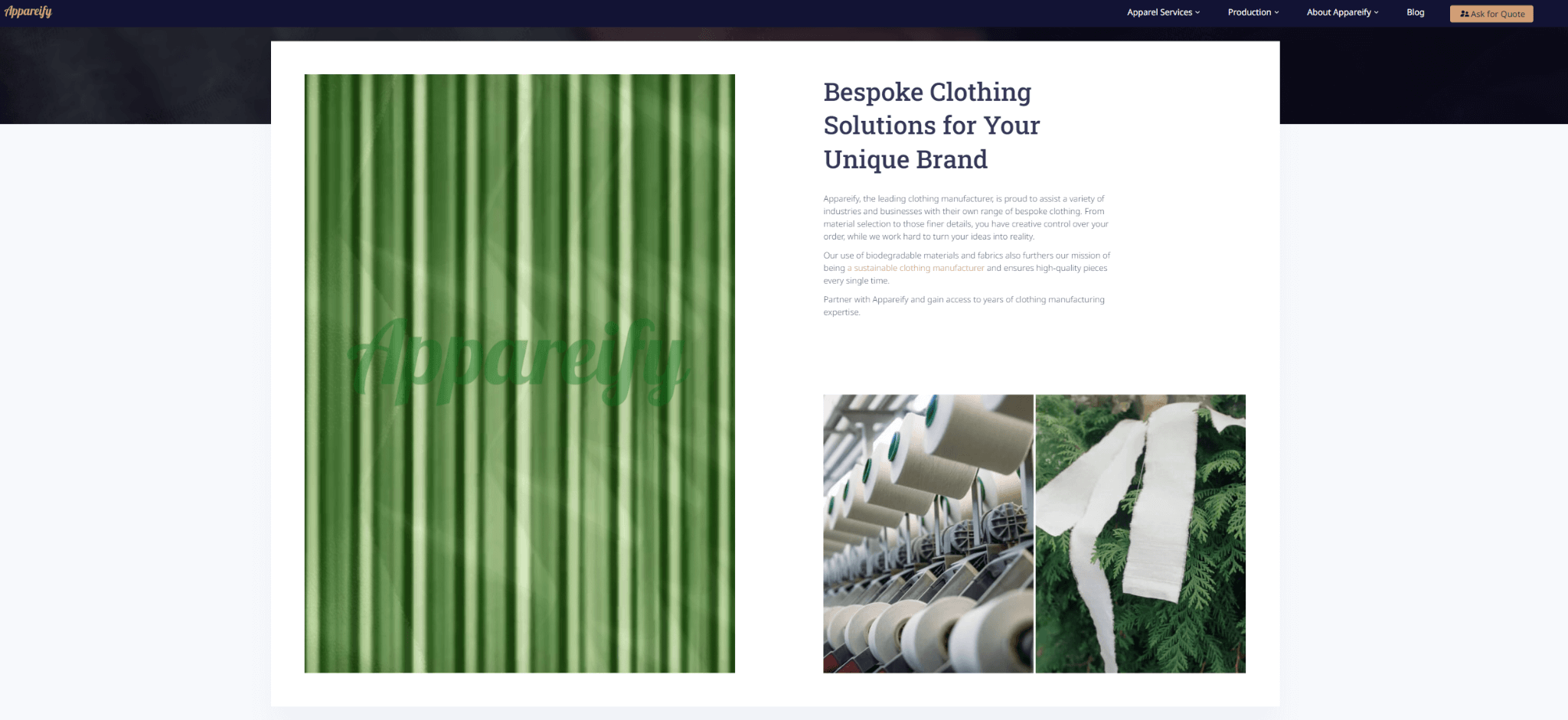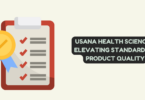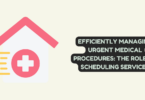When it comes to finding the best clothing factory, there are a few important things to keep in mind. Whether you’re a fashion designer looking to outsource production or an entrepreneur launching your own clothing line, choosing the right factory can make all the difference.
In today’s highly competitive fashion industry, quality, efficiency, and reliability are key factors that can determine the success of your brand. In this blog post, we’ll explore some essential factors to consider while searching for the best clothing factory. From production capabilities and ethical practices to communication and pricing, we’ll cover all the important aspects that will help you make an informed decision. So, let’s dive in and discover the key factors to keep in mind on your quest for the perfect clothing factory.
Factors to Consider When Searching for a Clothing Factory
When embarking on the journey of establishing a clothing brand or expanding an existing one, finding the right clothing factory like Appareify becomes a critical decision. The success of your business depends on the quality, efficiency, and reliability of the manufacturing partner you choose. To make an informed choice, there are several key factors that you should consider.
Location
The location of the clothing factory plays a significant role in optimizing the supply chain and reducing costs. Proximity to raw material suppliers and access to efficient transportation networks can contribute to faster turnaround times and lower logistics expenses.
Additionally, working with a factory located in a region known for its expertise in the garment industry can provide access to a skilled labor force and specialized manufacturing techniques.
Production Capacity
Before selecting a clothing factory, it is essential to evaluate its production capacity. Consider the scale of production you require and ensure that the factory can meet your demands. For instance, Appareify, ranked among the best custom clothing manufacturing factories, has sufficient equipment, machinery, and manpower will be able to handle large orders and ensure timely delivery. Adequate production capacity is crucial to avoid delays and maintain consistent supply to meet customer demand.

appareify.com
Quality Assurance Measures
Maintaining high-quality standards is of paramount importance in the clothing industry. Look for a factory that has robust quality control protocols in place. This includes comprehensive inspection procedures for raw materials, in-process checks during production, and final product assessments. Also, inquire about the factory’s adherence to international quality standards and certifications, such as ISO or OEKO-TEX, to ensure the garments meet the desired quality criteria.
Pricing Structure
Pricing is a crucial aspect to consider when selecting a clothing factory. Request detailed quotations from prospective factories and carefully review the cost breakdown. Look beyond the initial price and consider factors such as sample development costs, tooling charges, and any additional fees. It is important to strike a balance between cost-effectiveness and the quality of the finished product to ensure profitability for your business.
Manufacturing Capabilities
A clothing factory’s manufacturing capabilities determine the range of products it can produce and the level of specialization it offers. Assess whether the factory has the necessary machinery, equipment, and expertise to manufacture the specific garments or materials you require.
Some factories may specialize in certain types of clothing, such as activewear or denim, while others may have a broader production spectrum. Choosing a clothing factory that aligns with your product requirements will enhance the overall quality and appeal of your brand.

appareify.com
Turnaround Time
In the fast-paced world of fashion, quick turnaround times are crucial to capitalize on market trends and meet customer expectations. It is essential to assess the factory’s turnaround time from order placement to product delivery. Inquire about their production lead times, including the time required for sampling and prototyping.
A factory with efficient production processes and flexible timelines can help you stay ahead of the competition and respond to market demands promptly.
Minimum Order Requirements
Clothing factories often have minimum order requirements, which can vary significantly. Consider the volume of garments you need to produce and check if the factory’s minimum order quantity aligns with your business goals.
You should also evaluate the factory’s ability to accommodate future growth and whether they can scale up production as your business expands. Selecting a factory that offers flexibility in order quantities can be advantageous in terms of managing inventory and minimizing financial risks.
Communication and Responsiveness
Communication is essential for a successful partnership with a clothing factory. Evaluate the factory’s responsiveness and clarity in their communication channels. Prompt and effective communication helps in addressing inquiries, providing updates, and resolving any issues that may arise during the production process. Look for a factory that values open and transparent communication, as it fosters collaboration and ensures a smooth working relationship.
Assessing the Factory’s Ethical and Sustainable Practices
In today’s conscious consumer landscape, ethical and sustainable practices have become increasingly important. Partnering with a clothing factory that aligns with your sustainability goals can enhance your brand’s reputation and reduce its environmental impact.
Compliance with Labor Laws and Regulations
Ensure that the factory complies with labor laws and regulations in their operating country. Ethical practices include fair treatment of workers, avoidance of child labor, and adherence to appropriate working hours. Factories that prioritize the well-being and rights of their employees contribute to a positive and sustainable workforce.
Worker Welfare and Fair Wages
Worker welfare and fair wages are crucial components of an ethical factory. Inquire about the factory’s commitment to providing safe and healthy working conditions. Workers should have access to social security, fair wages, and opportunities for professional growth and development.
Health and Safety Standards
The factory’s commitment to health and safety standards is vital for the well-being of its employees. Ensure that the factory has protocols in place to maintain a safe working environment, including measures to prevent accidents and minimize risks. This includes fire safety procedures, proper ventilation systems, and regular safety inspections.
Use of Sustainable and Environmentally Friendly Materials
Evaluate the factory’s use of sustainable and environmentally friendly materials. Sustainable materials include organic or recycled fibers, low-impact dyes, or alternatives to animal-based products. Working with factories that prioritize sustainability helps reduce the fashion industry’s overall carbon footprint.
Reduction of Waste and Carbon Footprint
Inquire about the factory’s waste management practices and efforts to reduce its carbon footprint. Sustainable factories often implement measures such as recycling, waste reduction strategies, and the use of renewable energy sources. By partnering with eco-conscious factories, you contribute to a more sustainable and responsible fashion industry.
Transparency in Supply Chain Practices
Transparency in the supply chain is essential for ethical manufacturing. Inquire about the factory’s supply chain practices, including material sourcing, subcontracting, and any international partnerships. Factories that provide transparency in their supply chain ensure responsible sourcing and maintain a higher level of control over quality and working conditions.
Adoption of Ethical Production Processes
Factories that adopt ethical production processes prioritize sustainable and responsible manufacturing. Look for factories that implement techniques such as water and energy conservation, zero-waste production, and safe chemical management. Ethical production processes demonstrate a commitment to minimizing environmental impact and promoting sustainable practices.
Conclusion
Selecting the right clothing factory like Appareify is a crucial decision that can significantly impact your brand’s success. By considering various factors such as location, production capacity, quality assurance measures, pricing structure, and manufacturing capabilities, you can make an informed choice that aligns with your business goals.
Evaluating the factory’s experience and expertise, assessing their ethical and sustainable practices, and navigating their production process and workflow are additional key considerations. Building a strong relationship with the clothing factory through open communication, regular updates, and flexibility supports long-term success and collaborative growth.
Investing time and effort in selecting the best clothing factory is essential for delivering high-quality products, ensuring customer satisfaction, and enabling your brand to thrive in the competitive fashion industry. By conducting thorough research, due diligence, and careful consideration of the outlined factors, you can position your brand for success and reap the benefits of a successful manufacturing partnership.






